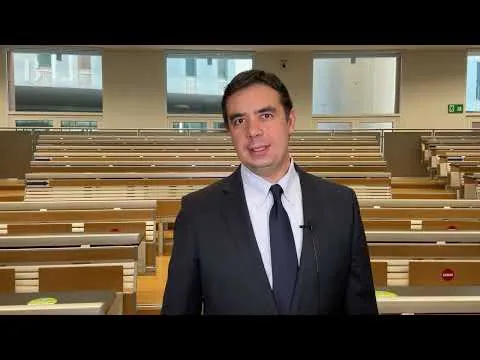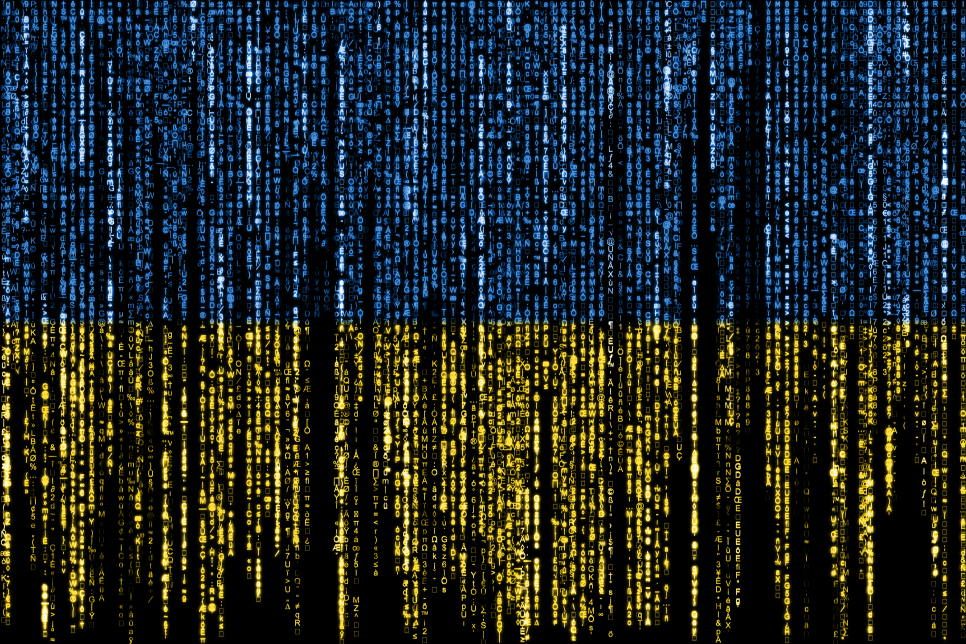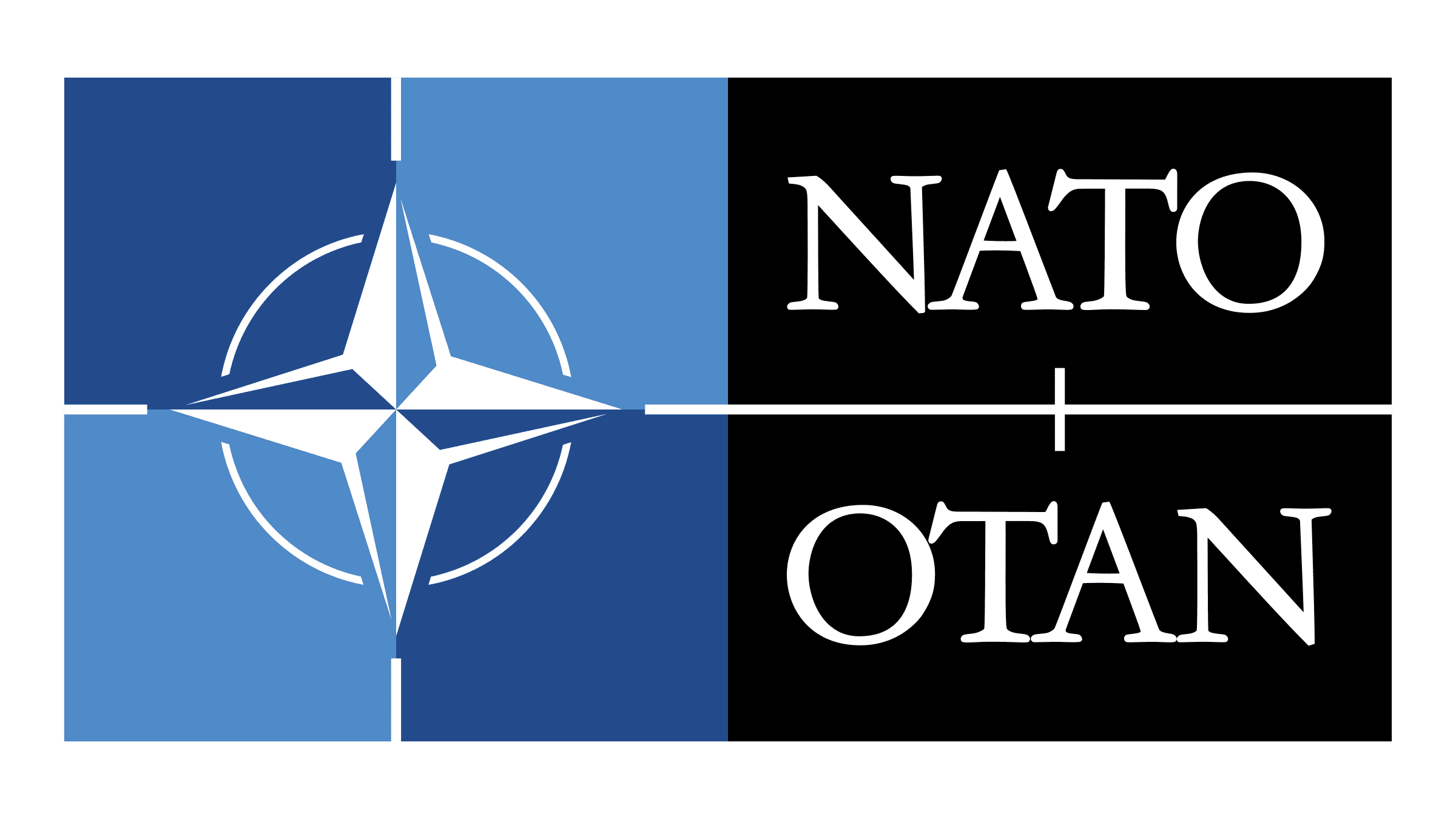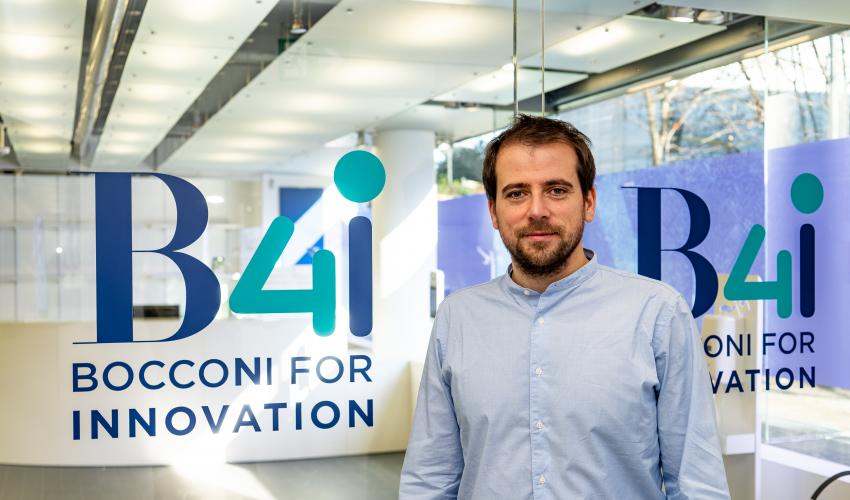
#RussiaUkraine
War in Ukraine: Bocconi stands in solidarity From day one we have been deeply shocked and saddened by the Russian invasion of Ukraine. We mourn the escalating loss of life and livelihood as this conflict continues, and our heart go out to everyone affected. With students, faculty, staff and alumni from both Ukraine and Russia within our University community, we know the lasting damage this conflict is causing. Bocconi University is committed to the respect of human rights, academic freedom, and open dialogue, and strongly condemns violations of these rights. Bocconi University is working hard to support students, faculty, and staff who are directly or indirectly affected by the invasion, and we are doing our best to help them in any way we can. We also express our concern for the alumni and their families who live in countries particularly touched by the conflict. Bocconi University, in full respect of its mission, values and Honor Codes, is coordinating its efforts with all relevant Italian Institutions, in particular the Ministry of University and Research, Ministries and Universities, the European Union and the European University Association. We stand in solidarity with the people in Ukraine and those in Russia who are speaking out against the invasion. We see it as our responsibility as a university to contribute to a better world through research and education and to work for peace, diversity of thought, and freedom in everyday life. Bocconi is also committed through the Ukrainian Community empowering Program, addressed to the Ukrainian Community of all ages living in Milano, to continue their education and be reintegrated into their social and professional lives, while being immersed in Italian culture.
 |
| Violence against women in armed conflicts The invasion of Ukraine reminds us once again of the urgency of creating mechanisms for the protection and inclusion of women within humanitarian crisis response strategies by Graziella Romeo (Department of Legal Studies) |
 |
| The Geopolitical Past of the Present Three obsessions, both historical and geopolitical, guide the actions of the russian leadership: Russia at the head of a panregion, that the area is constantly under external threat, and that the future of russian geography is rooted in history by Andrea Colli (Department of Social and political sciences) |
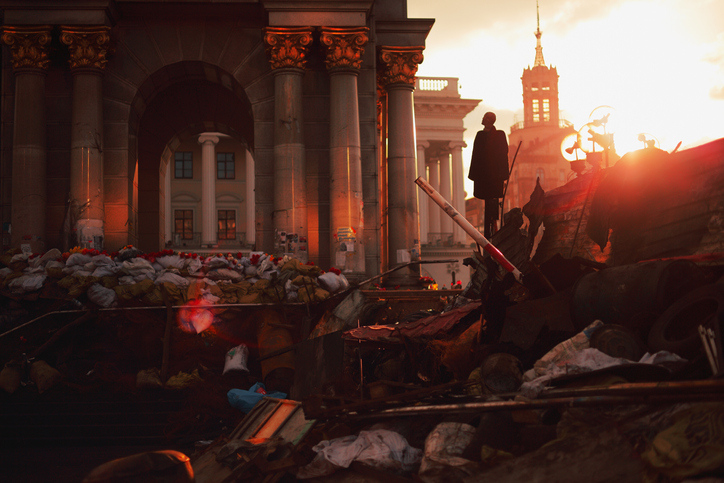 |
| Rationalizing Putin Drawing on the theories of classical realism and mismatch, Massimo Morelli (Department of Economics) and Umberto Platini (Department of Social and political sciences) explain the reasons behind a total invasion of Ukraine, even though it might not serve Russia's immediate goals. |
| Leaders in Europe and the US hoped that economic sanctions would have enough deterrent power to avert a Russian invasion of Ukraine. It did not. "One wonders at this point what the effectiveness of the sanctions will be," explains Livio Di Lonardo, assistant professor of political science at Bocconi. "These punitive sanctions are designed first and foremost to keep up the credibility of other future sanctions against Putin or other adversaries," Di Lonardo continues. But can sanctions have an immediate impact on current events? "In recent years, Putin has taken steps to protect the Russian economy from sanctions that he expected." The hope is that targeted sanctions against the narrow elite, which is crucial to Putin's survival in power, "can create an internal rift by changing the expectations of these elites. Thus convincing them that the course of action chosen by Putin will lead to a decrease in the economic benefits they have received over the years." |
| "The sanctions imposed on Russia are unprecedented and aim to strangle the Russian economy by preventing it from accessing international sources of financing," Carlo Altomonte, professor of European economic policy at Bocconi University, explains in this video. "Three main tools are used: blocking access to SWIFT; banning the country's top two banks from accessing dollar liquidity; and blocking central bank assets held with European countries and the United States, which amount to about 40% of these assets." The Russian economy, with the application of these sanctions, thus risks a series of defaults. |
 |
| War in Eastern Europe: The afterlife of empire Eastern European history and the legacy of multiethnic empires helps us explain the Russian invasion of Ukraine by Tamas Vonyo (Department of Social and political sciences) |
 |
| My life stopped on February 24 Viktoriia Lapa, academic fellow in the Department of Legal Studies, recounts her personal experience as a ukrainian academic in milan during these weeks of war |
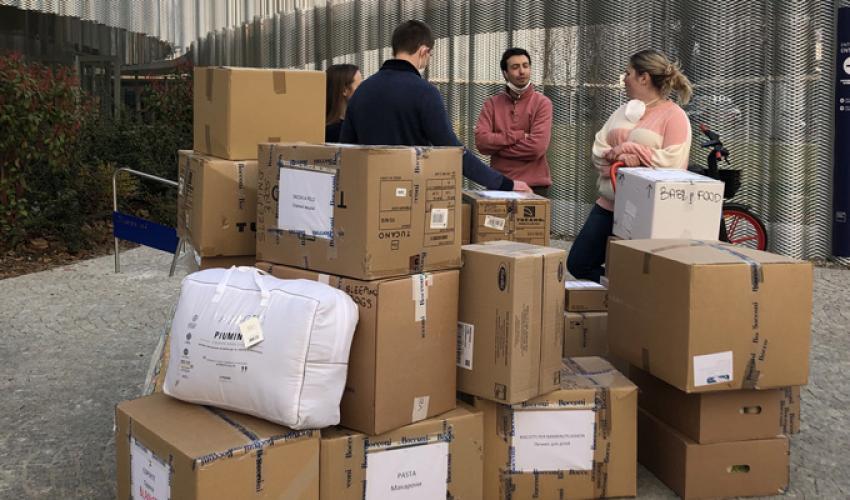 |
| SDA Bocconi's community mobilizes to help Ukrainian population An initiative by the Ethica club |
#RussiaUkraine: Three Tools to Strangle the Economy
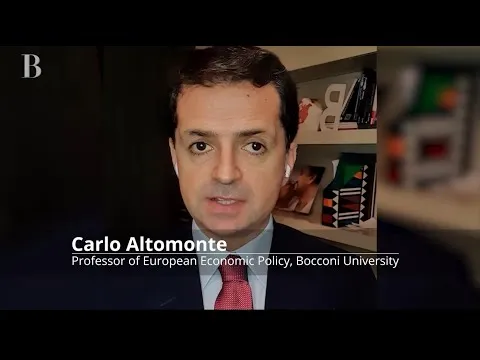
#RussiaUkraine: Sanctions targeted at members of Putin's elite could instill doubt about his conduct
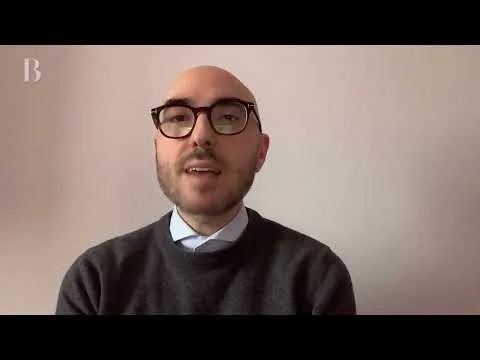
War in Ukraine: Europe Must Face Its Security Challenges
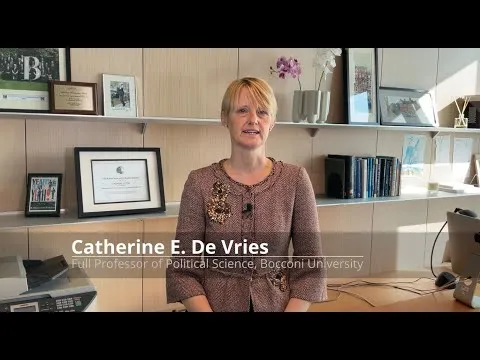
What If Russia Adopts CIPS?
